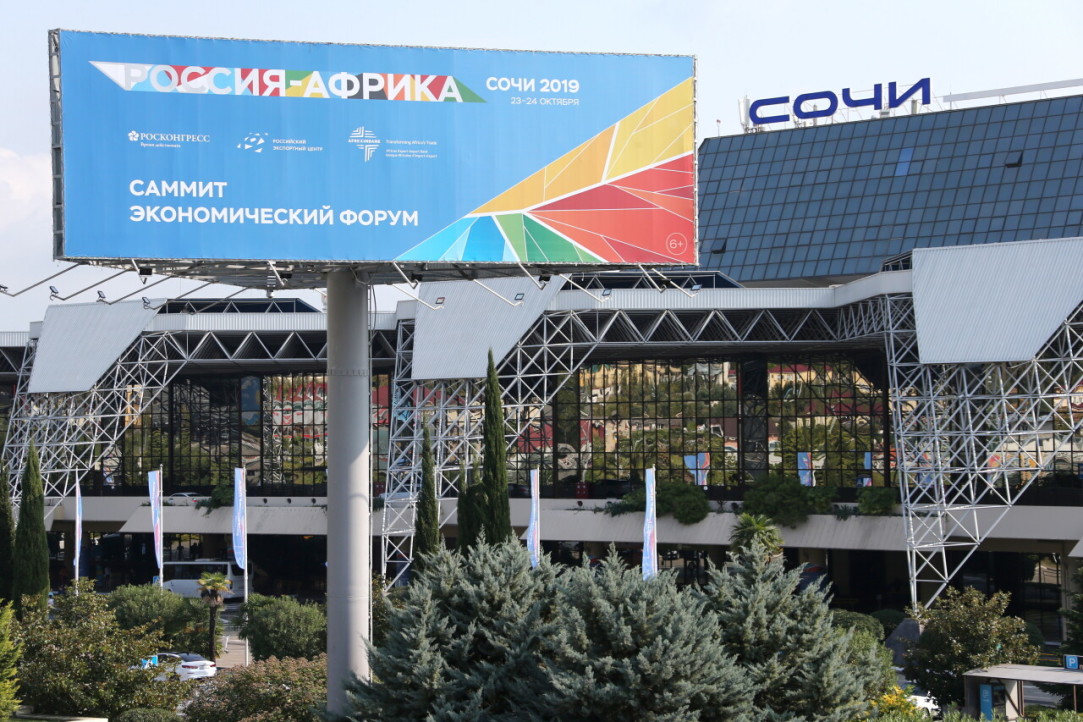
HSE Joins the Russian-African Cooperation Agenda
HSE University, together with Intexpertise LLС, Russian foreign economy research centre, will create a Centre for African Studies. The Centre will be based at the HSE Faculty of World Economy and International Affairs and will be a leading analytical platform in support of Russian-African relations. The founding of the Centre will be announced at the Russia-Africa Economic Forum, which begins in Sochi on October 23.
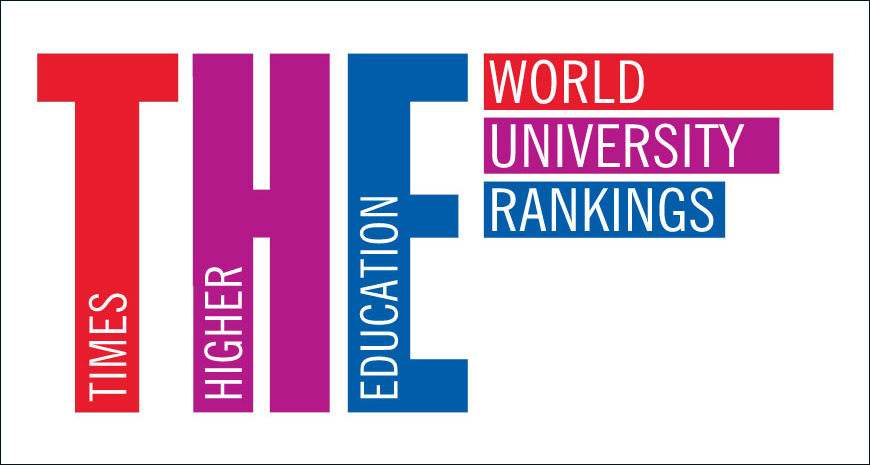
HSE Maintains Its Position in Two THE Subject Rankings
HSE University has once again placed in two subject rankings of the Times Higher Education (THE) World University Rankings: Computer Science (in the top 400) and Engineering and Technology (in the 601-800 range).
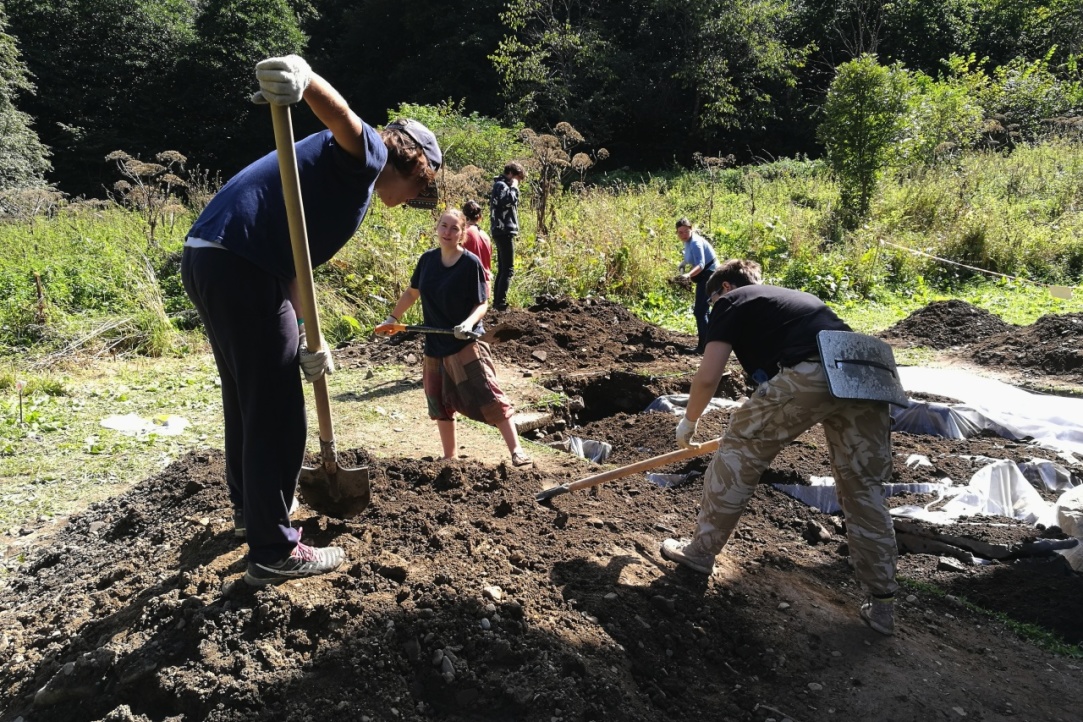
HSE Researchers and Students Discover Burials on Archaeological Expedition
History students and colleagues from the Institute of Archaeology of the Russian Academy of Sciences travelled to an excavation site in the North Caucasus region of southern Russia. HSE News Service spoke with Professor Andrey Vinogradov of the Faculty of Humanities about the burials they discovered, field work, and the joys of archaeology.

‘My Time at HSE Was a Turning Point’
HSE master’s programme alumni and an HSE doctoral student received an international Catalyst Grant from Digital Science in support of the development of their startup, MLprior, a service for researchers and scientists. HSE News Service spoke with Vladislav Ishimtsev, one of the startup creators, about the biggest ‘thorns’ in researchers’ sides, artificial intelligence, and the possibility of a machine uprising.

HSE Advocates for Environmental Transparency
More than 40% of Russian citizens consider changing their place of residence due to environmental problems. This was a statistic cited by Lyaila Sinyatullina, Head of the Department of Advanced Studies at HSE University’s Institute for Public Administration and Governance, at a roundtable dedicated to an environmental information bill that will be reviewed by the Russian State Duma.
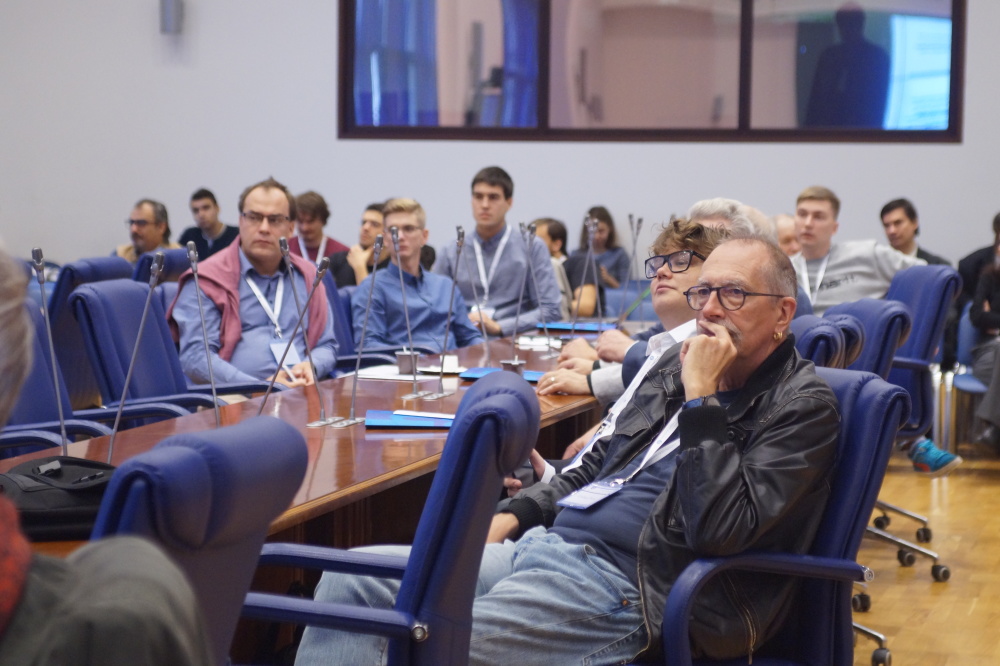
HSE University Brings Major Conference in Philosophical Logic to Russia for the First Time
On October 2-4, HSE University hosted the international conference Trends in Logic 19. Current Issues in Philosophical Logic for the first time in Russia. The conference, which attracted a number of prominent Russian and international scholars, was organized jointly by the journal Studia Logica and the HSE International Laboratory for Logic, Linguistics and Formal Philosophy.
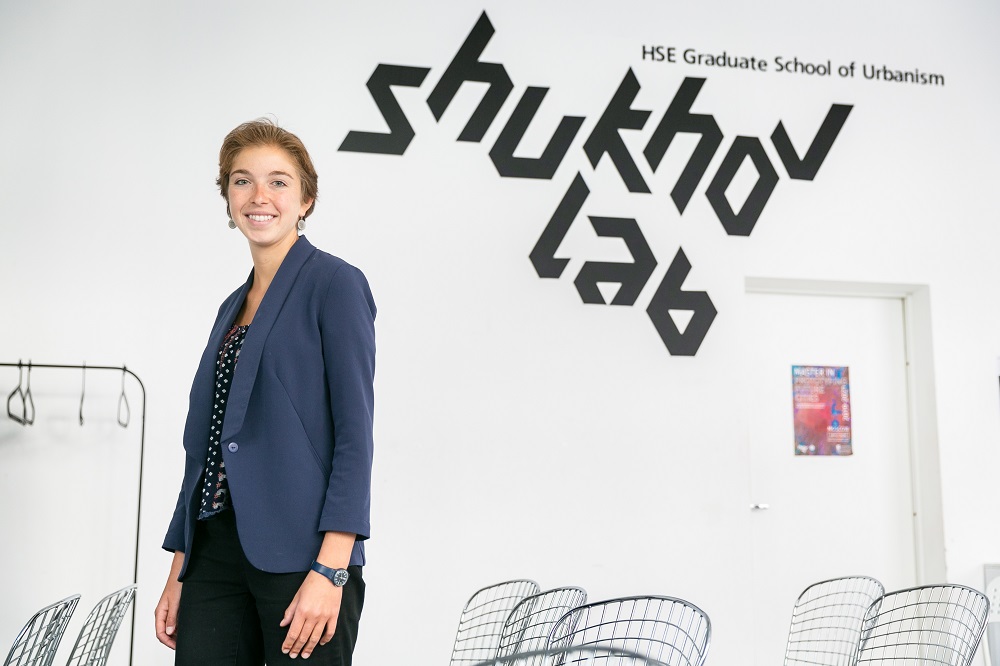
Where Prototyping Meets Law: Visiting Lecturer Talks Citizen Sensing at HSE
Anna Berti Suman, PhD candidate at the Tilburg Institute for Law, Technology, and Society (TILT) of Tilburg University and Visiting Researcher at the European Commission Joint Research Center (JRC), recently spent a week at HSE’s Vysokovsky Graduate School of Urbanism as a Visiting Lecturer. Anna led two seminars and participated in a public round table, entitled ‘Law, Data and the City’. HSE News Service spoke with her about the seminars, the round table, and her impressions of Moscow.

Defending Personal Boundaries: How Birth Order Affects Children’s Psychological Sovereignty
HSE psychologists have studied how the presence or absence of siblings, as well as birth order, affect children’s ability to maintainpersonal boundaries. The results showed that only children and second-born children have the strongest sense of personal boundaries, while first-born children have the least. However, as children become adults, their ability to balance between their own needs and those of others becomes determined more by gender.

‘We Have Not Yet Fully Understood How Languages Work, and We Are Already Losing 90% of Their Diversity’
Why might a grandmother and her grandson not understand each other? Why would linguists want to go to Dagestan? Is it possible to save the less commonly spoken languages of small nations and Russian dialects? Nina Dobrushina, Head of the Linguistic Convergence Laboratory answered these questions in an interview with HSE News Service.
Russian and Chinese Education Systems Changing through the Influence of Digital Technology
The Second Russia-China Education Research Conference – Digital Transformation of Education and Artificial Intelligence – was held last week at HSE University. Researchers from the two countries discussed changes taking place in the national education systems thanks to the digital revolution, as well as what can be borrowed from mutual experiences.

